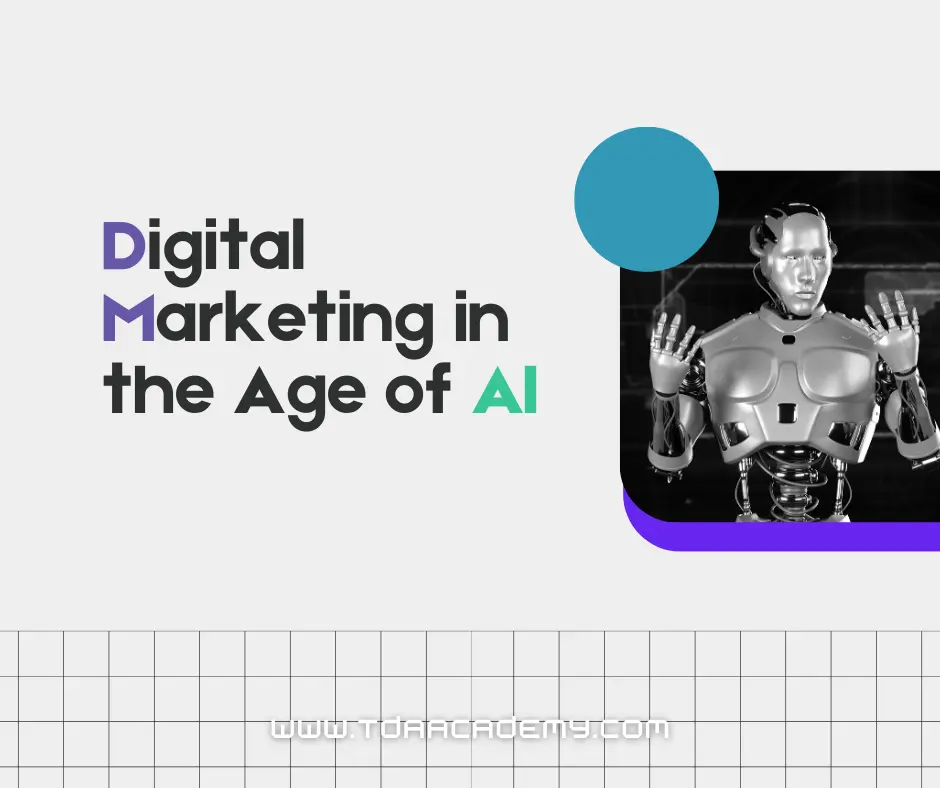Digital Marketing and Cybersecurity: What Business Leaders Need to Know
In today’s digital age, businesses are more reliant than ever on online platforms for marketing and customer engagement. Digital marketing strategies, such as social media campaigns, email marketing, and SEO, are essential for reaching potential customers and driving growth. However, with the increasing reliance on digital channels comes the growing risk of cybersecurity threats. For business leaders, understanding the intersection between digital marketing and cybersecurity is crucial to protect their brand reputation, customer data, and overall business operations.
Why Digital Marketing and Cybersecurity Must Go Hand-in-Hand
Digital marketing efforts are designed to attract and engage customers, but they also make businesses attractive targets for cybercriminals. Cyber threats such as phishing, malware, ransomware, and data breaches can exploit vulnerabilities in marketing systems. For example, compromised email campaigns can be used to distribute malicious links, and insecure websites can expose customer data to theft. Therefore, integrating cybersecurity measures into digital marketing strategies is not just a technical necessity but a business imperative.
Key Cybersecurity Threats in Digital Marketing
- Phishing Attacks: Cybercriminals often use phishing attacks to trick users into revealing sensitive information, such as login credentials or credit card details. Digital marketers are prime targets because they handle large volumes of customer data. A successful phishing attack can compromise not only the marketer’s credentials but also access to the company’s entire digital marketing platform.
Malware and Ransomware: Digital marketing assets, including websites and social media pages, can be infected with malware or ransomware. Hackers often use these platforms to distribute malware to unsuspecting users or to hold a business’s data hostage. Such attacks can disrupt marketing campaigns, damage brand reputation, and lead to significant financial losses.
Data Breaches: Marketers often collect and store personal data from customers, making them targets for data breaches. If customer data is stolen, the business could face legal consequences, loss of trust, and significant financial penalties under data protection laws such as the GDPR or CCPA.
SEO Poisoning: Cybercriminals can manipulate search engine results to drive traffic to malicious websites. Known as SEO poisoning, this tactic involves using popular keywords and trending topics to lure unsuspecting users into clicking on harmful links, potentially damaging a brand’s SEO efforts and reputation.


Implement Strong Passwords and Multi-Factor Authentication (MFA): Ensuring that all digital marketing accounts are protected with strong, unique passwords and enabling MFA can significantly reduce the risk of unauthorized access.
Educate Your Team: Regularly train your digital marketing team on the latest cybersecurity threats and best practices. Awareness and preparedness are the first lines of defense against phishing, social engineering, and other common cyber threats.
Secure Your Website: Use HTTPS, implement secure socket layer (SSL) certificates, and regularly update your website’s software to protect it from vulnerabilities. Also, consider using a web application firewall (WAF) to block malicious traffic.
Regular Security Audits: Conduct regular security audits of your digital marketing tools and platforms. This includes checking for vulnerabilities in your email marketing software, social media accounts, and any third-party integrations.
Use Secure Email Practices: When running email marketing campaigns, use secure email authentication protocols such as SPF, DKIM, and DMARC to prevent phishing and spoofing attacks.
Data Encryption: Encrypt sensitive customer data both in transit and at rest. This adds an additional layer of security, making it more difficult for cybercriminals to access and use the data if they do breach your systems.
The Role of Cybersecurity in Protecting Brand Reputation
A cyberattack can have devastating effects on a business’s brand reputation. Customers entrust businesses with their personal data, and a breach of this trust can result in lost business, legal repercussions, and long-term damage to the brand’s image. Incorporating cybersecurity into digital marketing strategies demonstrates a commitment to protecting customer data, which can enhance brand loyalty and customer trust.
Balancing Innovation and Security
While cybersecurity is crucial, it shouldn’t hinder digital marketing innovation. Leaders must find a balance between leveraging new marketing technologies and protecting their digital assets. Working closely with cybersecurity professionals to implement robust security measures while adopting innovative marketing strategies can help achieve this balance.
Conclude
As digital marketing continues to evolve, so too will the threats that come with it. Business leaders must prioritize cybersecurity as an integral part of their digital marketing strategy to safeguard their brand, protect customer data, and ensure business continuity. By staying informed and proactive about the latest cybersecurity threats and best practices, businesses can navigate the digital landscape safely and effectively, fostering growth and customer trust in the process.

Onecontributor
Lorem ipsum dolor sit amet, consectetur adipiscing elit. Ut elit tellus, luctus nec ullamcorper mattis, pulvinar dapibus leo.
RECENT POSTS
-
 SEO Starter Guide 2025: For Students & Beginners | TDA Academy
SEO Starter Guide 2025: For Students & Beginners | TDA Academy -
How to Upload Videos to WordPress
-
 The Google Penguin Penalty: Lessons from a Blogger’s Downfall and How to Protect Your Site
The Google Penguin Penalty: Lessons from a Blogger’s Downfall and How to Protect Your Site -
 Digital Marketing: The Future of Revenue Generation in the AI Era
Digital Marketing: The Future of Revenue Generation in the AI Era -
 AI Agents Course: Master the Future of Artificial Intelligence
AI Agents Course: Master the Future of Artificial Intelligence
Subscribe to Our Newsletter
Get the latest on upcoming courses, programs, events, and more straight to your inbox.
By clicking “Subscribe”, you accept our Terms.



One Response